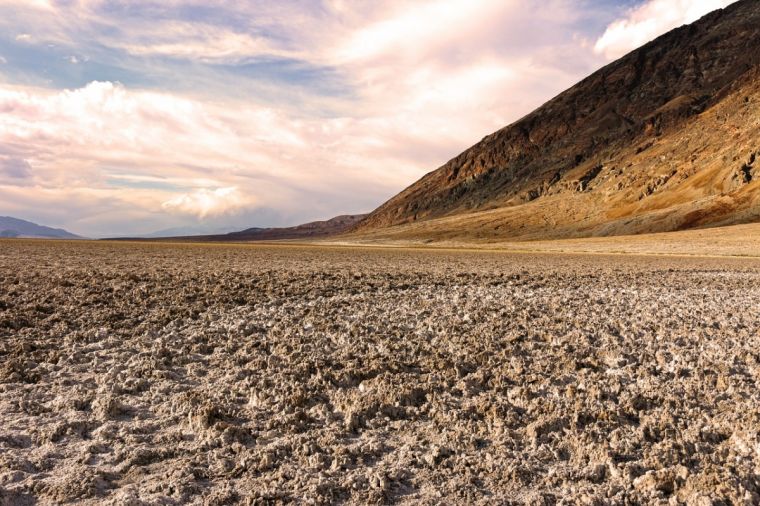Learning from St Jude, the apostle everyone struggles to remember

In Luke 6:12-13, Luke lists the apostles by name because they are so important in the Church's history. Simon Peter we know very well; he is their leader, humanly speaking the "rock" on which the Church would be built. With all his failings, he is a towering figure.
Jude, on the other hand, is shadowy, to say the least. He is only mentioned twice in the Gospels. He is called the 'son of James', but the Greek just says 'of James': he might be a brother or a cousin. In the lists of the apostles given by Matthew and Mark he evidently appears as Thaddaeus. Even his name is vague! All we have of his later life is a few legends of little historical value. He is probably not the author of the New Testament letter of Jude.
In the Roman Catholic Church he is the patron saint of lost causes, which seems very appropriate.
But in some ways, Jude has as much to tell us as the great figures of the New Testament Church like Peter, James and John.
All of us have hopes and dreams at different stages of our lives, some of them realistic, some of them not. As time goes by, we settle down into a life we feel comfortable with. It might not be the one we imagined or hoped for when we were younger, but it's OK.
If we're sensible, sooner or later we start to realise that what we do isn't nearly as important as who we are.
The Bible doesn't talk the language of achievement. It talks the language of character. Partly that's because of when it was written; social position was much more fixed. But even so, it's a corrective to us when we're tempted to value too much what someone's achieved and not enough who they are, because God sees the heart. It's out of a clean heart that worthy actions spring. Sometimes people notice these actions and what's done is significant. At other times they don't.
One of the great poems of the 18th century was by Thomas Gray, his Elegy Written in a Country Churchyard. The idea is that he's in a churchyard, looking at the names on the headstones, thinking "Who were these people?" The poem is about how meaningful, exciting and glorious these people were, even though they've been entirely forgotten. It has the lines:
Full many a gem of purest ray serene
The dark, unfathomed caves of ocean bear;
Full many a flower is born to blush unseen
And waste its sweetness on the desert air.
There are gems in caves under the ocean that no one will ever see; there are flowers that bloom in the desert, where there's not a soul to admire them. There are people who are deeply spiritual, with Christ-like characters and beautiful souls, and they never write a book or go on the radio or address a conference or preach a sermon: but God knows exactly who they are, and what they're worth.
In today's world there is a culture of celebrity. There was a survey recently of young people, who were asked about their ambitions for the future. Most of them wanted to be famous.
Jude is not at all famous. But that is like most disciples of Jesus. We go on quietly doing what we are called to do, without seeking any recognition for it. We do not, or should not, judge a person by how well known or wealthy or successful they are. If we judge people at all, it should be on how much much their character reflects the character of the Lord Jesus Christ.
There's a famous hymn entitled For all the saints who from their labours rest, a song of thanksgiving to God for all our predecessors in the faith. It talks about the apostles, the evangelists and the martyrs. But it looks forward to the time when everyone, from the famous to the entirely anonymous, is united in heaven. And the name of the tune is Sine nomine – "without a name". The real heroes of the faith are often those nobody knows much about.
People like St Jude.
Follow Mark Woods on Twitter: @RevMarkWoods











